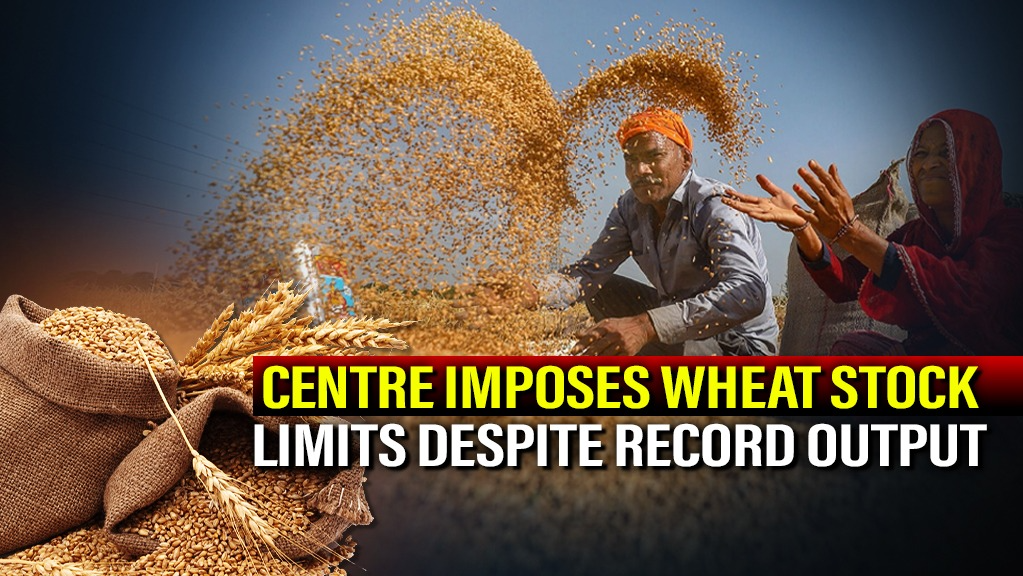

India Reimposes Wheat Stock Limits to Ensure Price Stability
The Indian government has reintroduced stockholding limits on wheat for traders and retailers, effective until March 2026, in a strategic move aimed at stabilizing domestic prices and preventing hoarding. This decision, announced via a notification on Wednesday, May 28th, comes despite official estimates indicating a record wheat harvest for the 2024-25 crop year and robust government procurement.
New Stockholding Restrictions Aim to Stabilize Prices
Under the reimposed limits, traders are now restricted to holding a maximum of 3,000 metric tons of wheat, while retailers are capped at 10 tons per outlet. This measure is designed to ensure a steady flow of wheat into the market, enhance transparency, and curb speculative trading, thereby mitigating potential inflationary pressures on this essential commodity. The government's objective is to safeguard food security and maintain adequate domestic availability.
Measures Implemented Despite Record Harvest and Strong Reserves
The decision to implement stock limits is notable given the strong domestic supply situation. The Ministry of Agriculture has revised its wheat production estimate for the 2024-25 crop year upward to a record 117.5 million metric tons, a significant increase from the previous year's 113.3 million tons. This bumper harvest has been attributed to favorable weather conditions, improved seed varieties, and supportive government policies. Furthermore, the Food Corporation of India (FCI) has procured 29.7 million tons of new-season wheat, the highest in four years. Consequently, India's current wheat stock stands at approximately 44 million tons, substantially exceeding the 18.4 million tons required annually for its food welfare programs. Despite this comfortable stock position, the government has indicated no immediate plans to lift the existing wheat export ban or reduce the 40% import tax, signaling a continued focus on building strategic reserves.
The reimposition of wheat stock limits by the Indian government, even in the face of a record harvest and ample reserves, is a proactive approach to managing food security and price stability. Regulating private stockholding, authorities aim to ensure equitable distribution and prevent market distortions, prioritising domestic needs and buffering against future supply uncertainties.